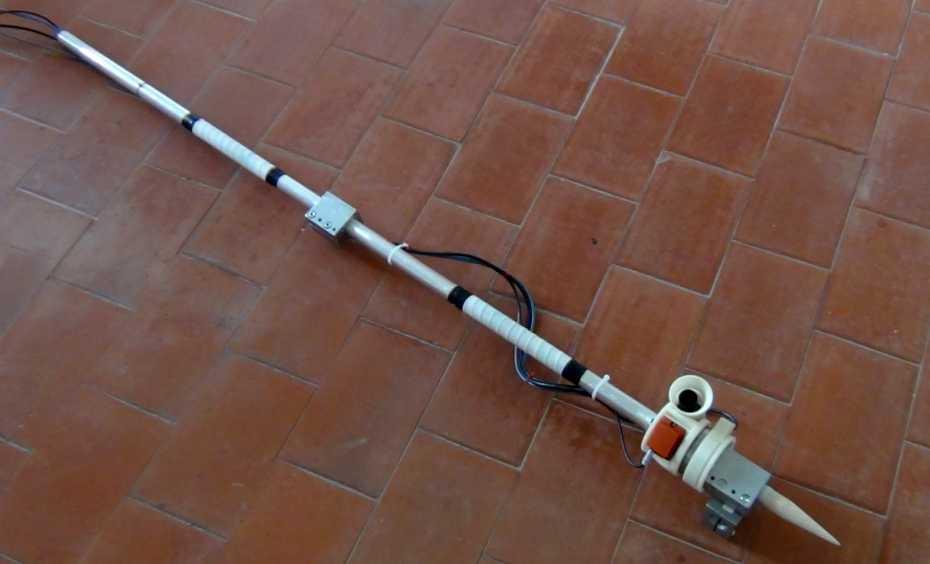
High-tech spear sheds light on Neanderthals’ hunting techniques

Using a high-tech spear fitted with sensors, scientists in Zurich have established that Neanderthals used to kill animals at close range rather than throw their weapons.
A team of researchers from Zurich’s ETH university and Germany’s Monrepos Archaeological Research Centre examined two 120,000-year-old skeletons of extinct fallow deer with hunting injuries which had been found in eastern Germany.
The scientists carried out detailed ballistic tests on the deer bones and artificial bone material and compared these with the archaeological finds.
For the tests, the team utilised a special custom-made instrument: a wooden spear fitted with various sensors, including an accelerometer and a camera. Researchers and trained Chinese martial arts practitioners used the device to strike the deer bones and artificial bones with different blows of varying force.
Their measurements and the patterns of bone destruction enabled them to build up a clearer picture of Neanderthals’ hunting techniques and establish that they hunted with wooden spears, but they didn’t throw them; they used them to kill animals at close range.
“Such confrontational ways of hunting require close cooperation between participants, and over time may have shaped important aspects of hominin biology and behaviour,” said the authors of the study published in the journal Nature Ecology & EvolutionExternal link.
The oldest possible hunting weapons known from archaeological records are 300,000 to 400,000-year-old sharpened wooden staves. But up to now little is known about how hominins caught prey and how hunting strategies evolved over time.

In compliance with the JTI standards
More: SWI swissinfo.ch certified by the Journalism Trust Initiative






























You can find an overview of ongoing debates with our journalists here . Please join us!
If you want to start a conversation about a topic raised in this article or want to report factual errors, email us at english@swissinfo.ch.